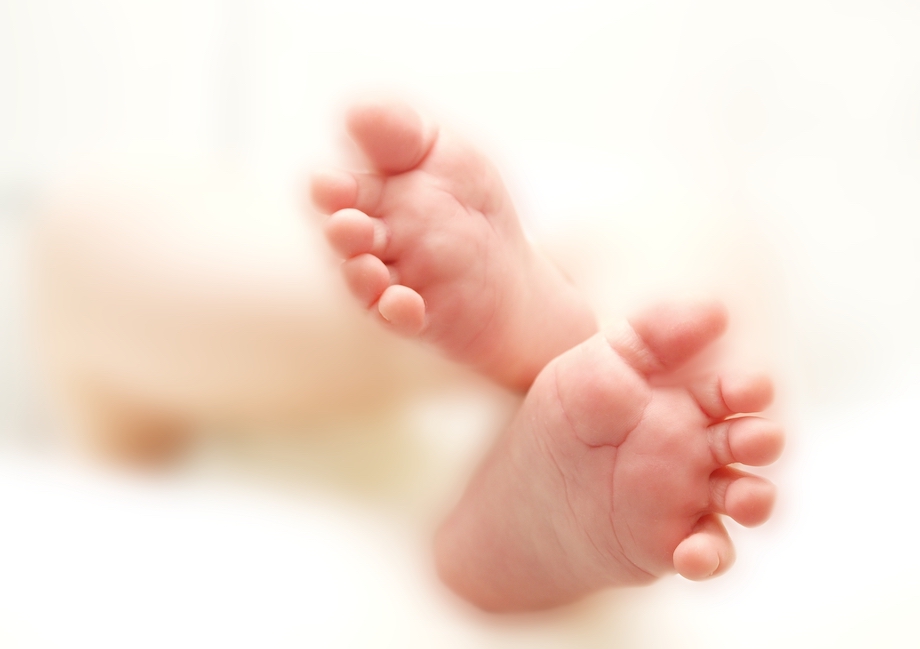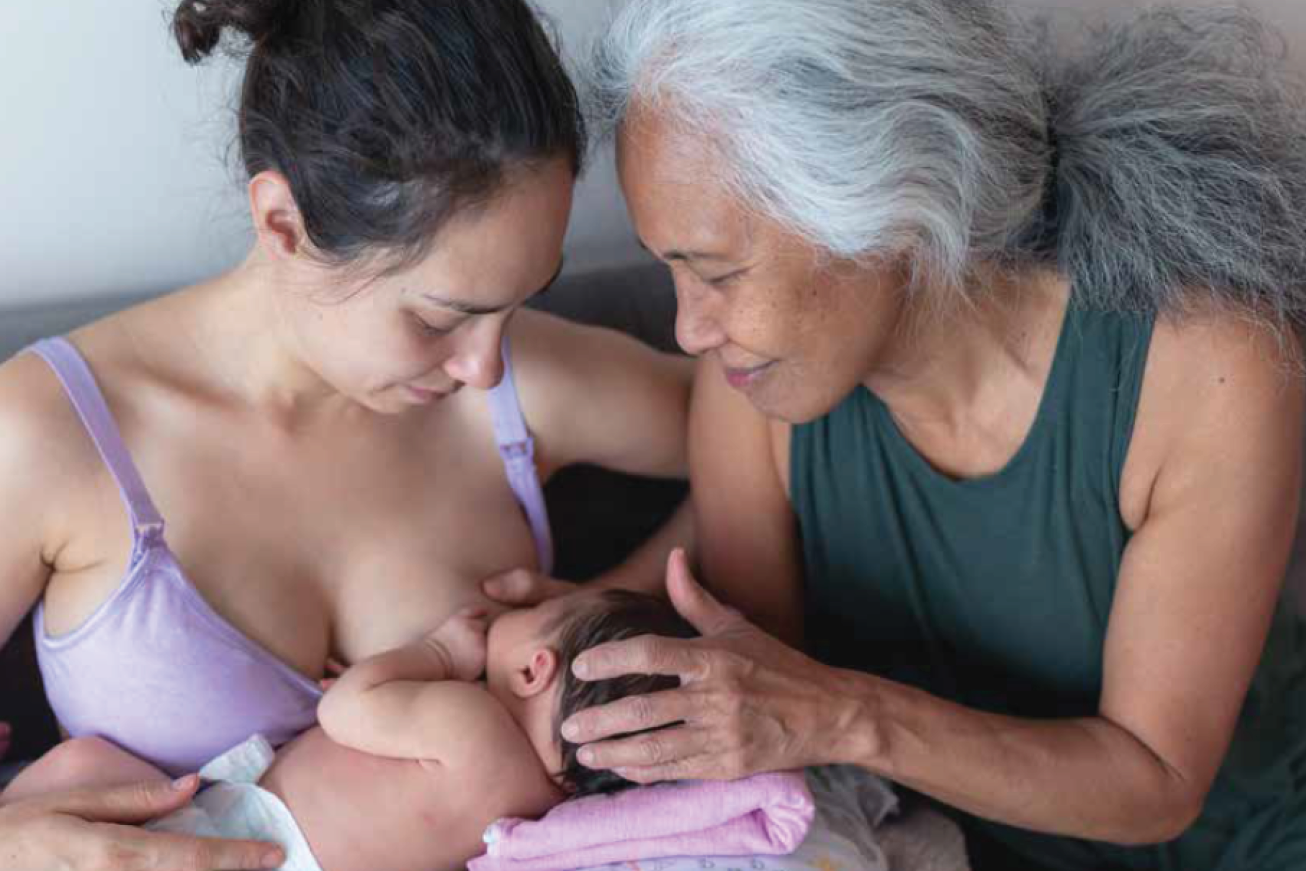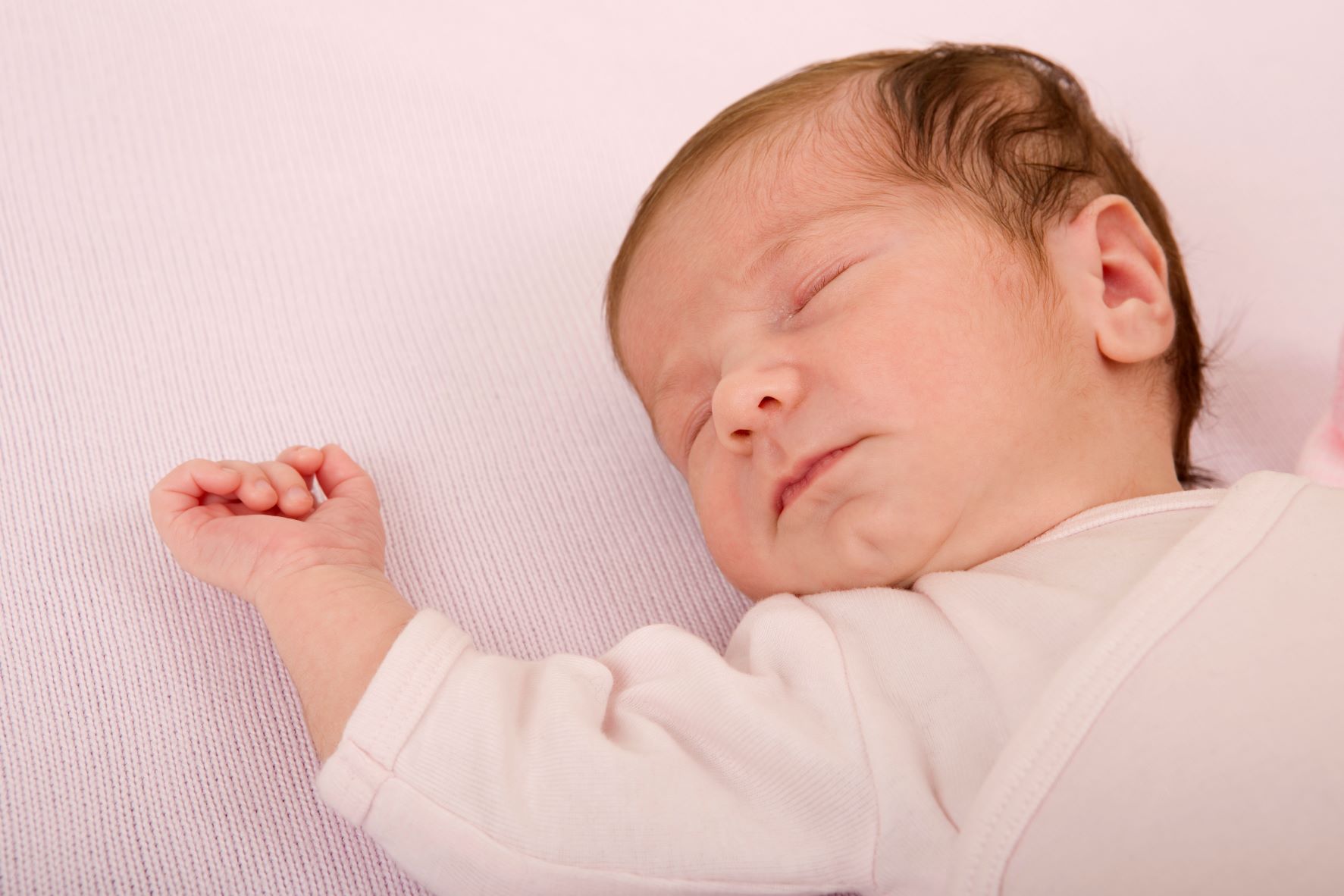
It’s hard to think of anything more perfect than a child’s skin. It is delicate and fragile and beautiful, but also has an important role to play. Human skin acts as a vital protective barrier and is your first line of defence against the dangers of the outside world – organisms, toxins, irritants and allergens.
A baby or young child’s skin, which is thinner than yours and which continues to develop through the first year of life, is very vulnerable. This is why it is so important to protect your child’s skin from irritants and a harsh environment.
Young skin is very different to adult skin, so their needs are particular. Their skin is thinner, it absorbs and loses water more quickly, it has less natural moisturising properties and baby’s all-important immune system is still in the process of developing. This makes their skin more vulnerable and many babies and children are troubled by eczema which can cause real distress to them and their families.
There is so much to learn when you have a newborn – including the complex nature of their skin which is constantly exposed to a barrage of environmental and chemical elements that may disrupt the delicate balance of this important organ.
Baby’s first line of defence
The skin is the largest organ in the body and provides the first line of defence against microbes such as bacteria and fungus. As long as the skin stays intact and remains at a healthy mild acidic balance, there are fewer ways in which microbes can enter the body of your baby.
Our skin is made up of several layers – and overlying all these layers is the protective acid mantle that covers the skin of all people, young and old. This protective acid mantle is an important barrier designed to limit the impact of environmental and chemical factors that our skin may be exposed to. If this barrier is broken down, it leaves the body susceptible to invading microbes. A healthy skin barrier should do two main things – it should keep allergens and irritants out and keep water in.
Limit exposure to irritants and allergens
If maintaining the skin barrier is key to healthy skin, this is particularly important for tiny babies who have a new, fragile barrier that leaves them more vulnerable to skin disorders that develop when they are exposed to irritants and allergens.
Disorders such as atopic dermatitis are caused by the skin barrier being disrupted, because of a complex mix of genetic and environmental factors. Cases of atopic dermatitis have steadily increased over the last 50 years, largely due to environmental factors – things like using hard water, soap and harsh detergents – all of which elevate the skin’s natural pH and contribute to barrier breakdown.
Fortunately, the skin’s barrier can often be restored by avoiding those negative environmental influences and developing skincare routines that use products to repair and nourish the skin. This includes washing with mild cleansers and bathing in water that is not too ‘hard’.
Avoid hard water
Hard water can irritate baby skin, cause dryness and increase the risk of atopic dermatitis. Most tap water contains calcium carbonate and chlorine, both of which may act as irritants to newborn skin. Some products that are clinically tested can help to reduce the pH level of the water, making it less harsh for baby’s skin.
Repair the defence barrier
Repairing the skin barrier is the first step to both treating and preventing atopic dermatitis. To do this you will need to remove all the negative environmental factors and replace them with positive options. Creams called emollients help to restore the pH barrier by improving hydration and replenishing depleted levels of natural moisturiser.
Good emollients can have a very positive effect on the skin barrier, leading to its repair for a prolonged period of time. Not all emollients are the same and some can contain harsh detergents or oils that can exacerbate rather than improve atopic dermatitis. Emollients that are not correctly formulated, such as aqueous cream, can actually damage the skin barrier rather than repair it. This is because aqueous cream contains 1% sodium lauryl sulphate which can cause significant damage to the skin. So, when choosing an emollient, it is essential to know exactly what is in it and how it will affect the skin barrier in babies, children and adults.
An opportunity to prevent atopic dermatitis
There is a small window of opportunity in the first few months after birth to change the environment and prevent atopic dermatitis developing, so it is very important to choose carefully which products to use on your precious baby. Urban myths about care of the newborn’s skin – ‘preservative-free is good’, and ‘it’s always best to bath in plain water’ are not always best for baby.
When caring for your child’s skin
AVOID……
- Products containing alcohol
- Washing baby in plain ‘hard water’
- Aqueous cream on infants with a predisposition to atopic dermatitis or eczema
CONSIDER…….
- Using a product to ‘soften’ water
- Choosing products that are pH balanced to the skin
- Understanding the type of moisturising agent (emollient) used on baby skin.






